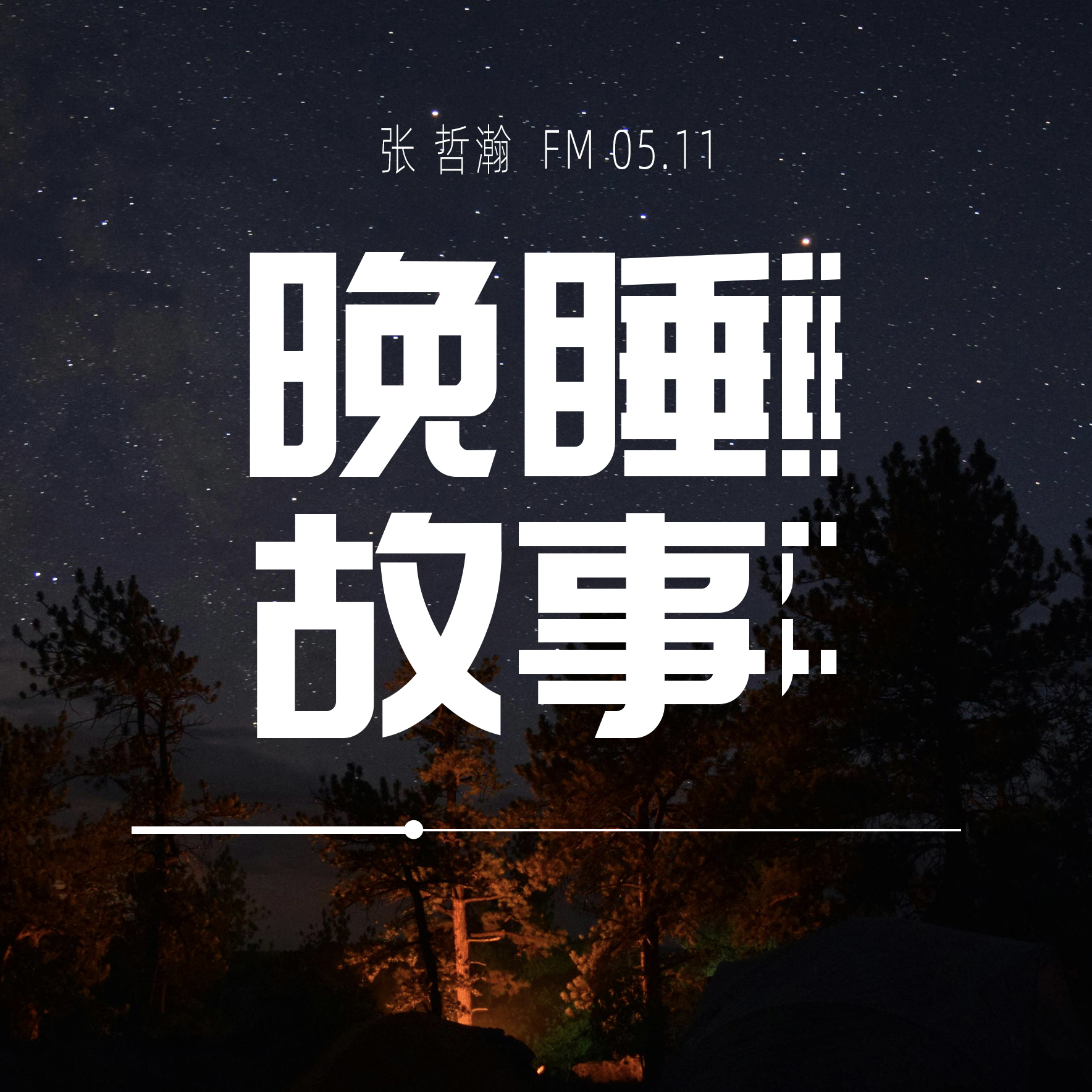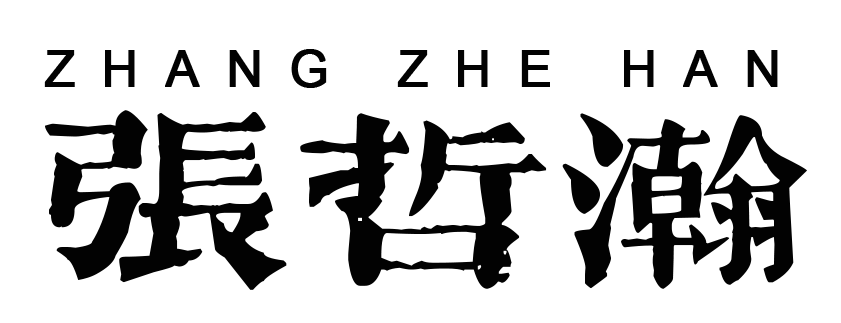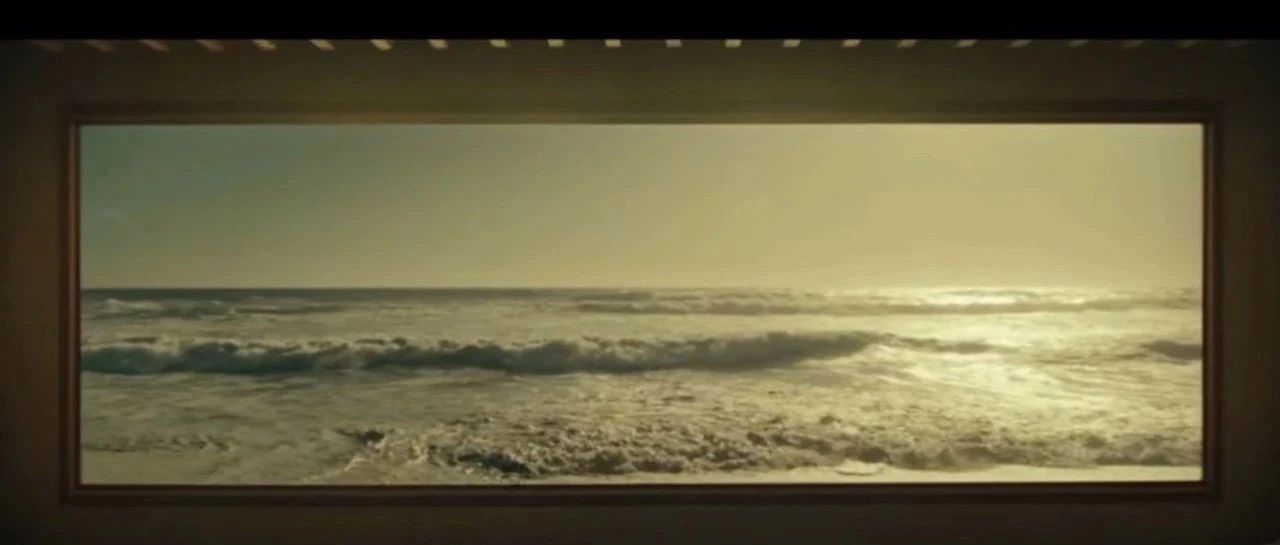Time Theft
Zhang Sanjian is Back 2023-09-01 00:03 Posted on Beijing
Friends, I’m here again, and I’m back online with my thoughts on a movie. These days have been very fulfilling. I’ve fully and necessarily enjoyed the ‘beating’ of the plateau sunshine, rooting myself in the mud and cow dung between the village and mountain roads ?—and I call this behavior ‘getting down to earth’. I’ve been advancing my work from different perspectives, playing songs I like, talking about things that are meaningful or nameless, watching movies at an altitude of 5,000 meters amidst hail (although, according to feedback from friends around me, out of the five movies I recommended to them, four are thrillers and one is a crime mystery ?. I didn’t even realize my psychological threshold was so high, am I really that strong?) ?
This German movie ‘Paradise’, although classified as a sci-fi thriller, is not the traditional type of film with bizarre horror, bloody and weird atmospheres rendered through visuals and sound effects. Its theme focuses on surreal events related to technological development and wealth disparity, with art showing more scars than life, and human nature more naked and raw than life itself.
The story’s theme revolves around trading life for money. Salesmen from the AEON Company step into remote and dilapidated slums, persuading people there to sell 15 years of their lives in exchange for 2.4 million euros. With this money, they can forever leave this place and solve immediate real-life problems concerning their families, like education and marriage. The sold lifespans are transferred to the buyers through medical technology to extend their respective lifespans. The owner of AEON Company explains in a luxurious exhibition center that their target group usually consists of billionaires, Nobel laureates, or individuals who have significantly contributed to human development so that they can do more beneficial things for the world.
During the presentation, the camera work is calm and clean. A group of well-dressed, respectable-looking upper-class elites seem to play the role of God, holding the power over everyone’s life and death, attempting to manipulate their lives. The cruel reflection of humanity reminded me of the end of George Orwell’s ‘Animal Farm,’ where well-dressed pigs are toasting, roaring, and suspicious of each other. The animals outside the window look at the pigs and then at the people, unable to distinguish which are the pigs and which are the humans.
The film explores the human nature issues behind the concept of life transfer, with social class disparities also coming to the fore. Visually, the film displays a sense of helplessness in humanitarianism, using dystopian and futuristic tones, an apocalyptic sense of doom and gloom. The sea in the screen is dim yellow, the sky is mute, oppressive like before a sandstorm invasion.
The more ironic scene is the city set against a backdrop of cold blue-green tones. It lacks the lively atmosphere of lights and fireworks, the accessible bus routes and signs, the children playing and frolicking. In front of the old, faded dark buildings, a bright red, huge propaganda slogan hangs high on the rooftop, ‘STOP AGISM’ (Stop Age Discrimination). This is the only bright color in the scene, and it’s also a knife deeply embedded in the hearts of people entrenched in class opposition, piercing through the lies that bleed between beauty and ugliness, money and time.
Is one person’s value fundamentally more valuable than another’s life? Who decides? The film subtly reflects the imbalance caused by uneven distribution of social resources and class differences. The protagonists smuggle into Lithuania on the east coast of the Baltic Sea for illegal transactions, only to see cars after cars loaded with refugees coming to extract life. I think back to 2008 when the world economy faced a comprehensive depression, and a large number of super-rich from countries around the Persian Gulf flooded into Geneva. They enjoyed the benefits brought by the surge in oil prices at the peak of the financial tsunami. Geneva, like a parallel world, flourishes with wealth while other regions of the world suffer from poverty. The things that harm the public often benefit the elite. The movie explores these social realities in a macroscopic way and in the latter half, places the power of choice in front of each living being for them to decide on their own.
In the film, the couple originally planned to work while paying off the mortgage for their apartment and planning a happy future. However, a fire razed everything, leaving them unable to repay the debt, forcing the wife, who had signed her life to the bank as collateral, to have 38 years of her life forcibly seized.
Thus, the choices and reversals regarding human nature begin. The three choices made by the male and female protagonists are the most splendid and extreme twists of fate in the movie. On the operating table where 38 years of life are forcibly extracted, the wife faces for the first time the impermanence in life that she cannot change despite her best efforts; she has no choice but to accept it.
The second time, the husband kidnaps the boss who took his wife’s life but mistakenly abducts her daughter instead. The wife then has the opportunity to extend her own life by taking another’s. She chooses not to harm an innocent person and even reaches out her hand to save this innocent person from falling into a swamp. However, when this innocent person points a gun at her and pulls the trigger, even though there are no bullets, the wife’s ideals and beliefs seem to be shot and stripped away. She walks resolutely towards a grim path, calmly and decisively exchanging the ‘innocent’s’ youth and life.
The twist is, after pondering over values and life exchange, the husband chooses the opposite path, standing against his wife and joining an organization opposing the trading of lifespans. The loyal bodyguard, upon discovering the ugly human secrets of the boss, decides to part ways. The boss of AEON Company also does not choose to exchange his lifespan for his daughter. The story ends absurdly and starkly, leaving viewers astonished. Yet all irrational behaviors have their traces.
The undercurrents of human nature twists and turns subtly outline the ending. The film collides the ideal world with reality and raises philosophical questions, forming a psychological game that strikes deep into the dark recesses of the human universe. It pushes each character to the brink, to see what choices they will make. The incidental that keeps one pondering may become inevitable, and all choices are just decisions made at a certain moment. The story’s ending does not necessarily judge the moral reputation. The green mountains and seas are worth looking into the distance, and the attitude of the soul is worth listening to.
There’s a saying in the film, ‘Youth sounds tempting. But having youth alone does not make life more beautiful or happier; it just makes it longer.’ Those who have never had to make choices in desperate situations are fortunate, but for those who have experienced or are experiencing it, I hope they can continue their unfinished journey. Let go of what cannot be held onto in the August wind, and keep what the world cannot hold in the heart.
So, would you sell your time?










Long live =/= long happiness
翻译 Translate
If my parents gone I give you my time for free.
翻译 Translate
It’s rare that Sanjian finally watched a movie that falls into my comfort zone – science fiction, but I guess it’s also because “Paradise” is classified as science fiction/thriller, and he probably chose the thriller tag.
翻译 Translate